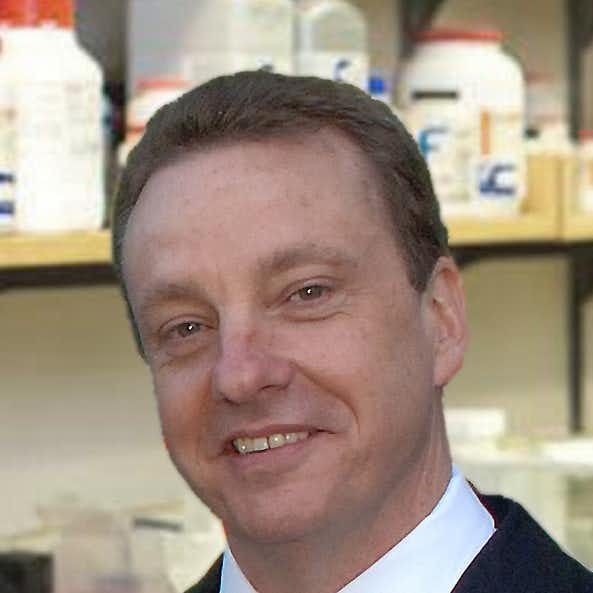
Are Infections to Blame for Alzheimer Disease? (Archive)
With nearly six million Americans living with Alzheimer disease, this condition is a serious public health problem. It robs people of their memories, their ability to function independently and even their very identities.
When Alois Alzheimer published the first report on the brain disease that was later named for him, he described distinctive plaques and neurofibrillary tangles in the brain. That was in 1906. Ever since then, scientists have been trying to figure out what causes those plaques and tangles and how we can prevent them.
Researchers have known for decades that the plaques that characterize Alzheimer disease contain a lot of beta-amyloid peptide. They call it A-beta. Drug companies have been struggling to find pharmaceuticals that can clear this bad actor out of the brain. Unfortunately, the agents they have tested so far have been disappointing at best.
What Is A-Beta Doing in the Brain?
Neuroscientists have assumed that A-beta is toxic to neurons, and that it has no legitimate business in the brain. But that assumption may be mistaken.
New research demonstrates that A-beta is part of the brain’s immune defenses. It seems that it has played an important role in protecting the brain from infection throughout human evolution.
The Microbiome of the Brain:
Our guest, Robert Moir, and his colleagues found that the brain has a complex, previously unsuspected, microbiome. The A-beta compound that makes up amyloid plaques is a powerful antibiotic–100 times more potent than penicillin.
He studied ways to find anti-inflammatory compounds that target innate immunity of the sort found in the brain. He suggested that all of us can help our brains by eating a heart-healthy diet (it’s good for the brain, too), staying fit with regular exercise and drinking alcohol in moderation if at all.
If A-beta is actually acting to protect the brain, it could be a mistake to try to get rid of it. Instead, perhaps we should figure out how to help it. Our second guest, Dr. Dale Bredesen, also has a number of suggestions on how we can do that and reduce our risk of Alzheimer disease. He suggests measuring ketones and aiming for a sweet spot between 1.5 and 4 millimoles of beta-hydroxy-butyrate.
NPR did an in-depth report on the possibility that Alzheimer disease is caused in part by infection and the immune system’s response on Sept. 9, 2018.
You may also be interested in this in-depth report of Dr. Moir’s research process in STAT.
This Week’s Guests:
We are sorry to note that Robert D. Moir, PhD, died of glioblastoma late in 2019. He was Assistant Professor in Neurology at Harvard Medical School and Assistant Professor in Neurology at MGH Neurology Research. His research focused on the biochemical and cellular mechanisms involved in neurodegeneration in Alzheimer disease and aging. You can find his publication on herpes virus and beta-amyloid in Neuron, July 11, 2018. The photo is of Dr. Moir.
Dale Bredesen, MD, is an expert in the mechanisms of neurodegeneration and has served on the faculty at the University of California, San Francisco, and UCLA. He directed the program on Aging at the Burnham Institute prior to joining the Buck Institute for Research on Aging as its founding president and CEO. We spoke with him via Skype.
His book is The End of Alzheimer’s: The First Program to Prevent and Reverse Cognitive Decline.
If you want to read some of Dr. Bredesen’s scientific publications, we suggest “Ayurvedic Profiling of Alzheimer’s Disease,” with DV Rao (Alternative Therapies in Health and Medicine, May 2017) or “Reversal of Cognitive Decline in Alzheimer’s Disease,” with numerous colleagues (Aging, June 2016).
Listen to the Podcast:
The podcast of this program will be available the Monday after the broadcast date. The show can be streamed online from this site and podcasts can be downloaded for free.

